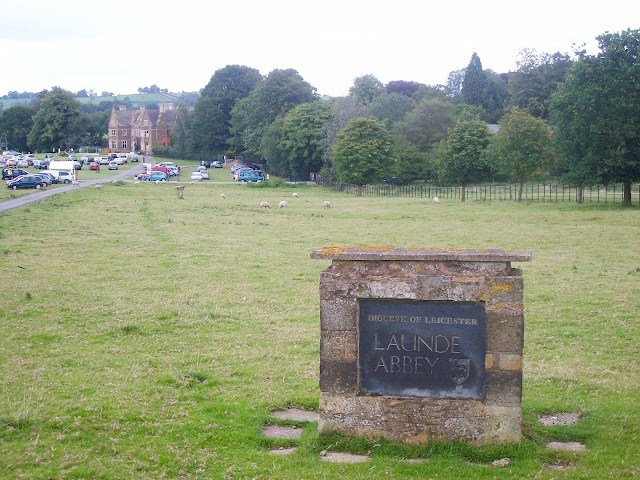
February
Ed Davey's habit of calling on people to resign had not escaped the old boy's notice:
While leader of the Liberal Democrats, he has, with mixed effect, called for the resignations of, amongst other, Boris Johnson, Kwasi Kwarteng, Cressida Dick, Dominic Cummings, Chris Grayling, Priti Patel, Mark Field, Rishi Sunak, the former BBC chairman Richard Sharp, the board of Thames Water, Mauricio Pochettino, Nigella Lawson, Benedict Cumberbatch, Fatima Whitbread, Kirsty Wark, Kirsty Young, Jonny Bairstow, Rosie Holt, the late Dame Anna Neagle, the Rutland Water Monster and the Dalai Lama.
March
Reading Noble Ambitions: The Fall and Rise of the Post-War Country House by Adrian Tinniswood, I discovered that there is a 1-in-20 chance that the first Lady Bonkers was American.
April
Believe it or not, Rishi Sunak was still prime minister in April. Lord Bonkers had him summed up:
I have long been aware of a certain innocence in Sunak when it comes to gambling. When he was a newly elected MP, I invited him to visit my Home for Well-Behaved Orphans, and then made the mistake of leaving him alone with the young inmates.
By the time I rescued him he had lost all his spare change at three-card brag and was about to surrender his shirt. Of course, I had to pretend to be furious, but there were extra buns for tea.
May
One of the less-mentioned locations in the Bonkers universe is the Jack Straw Memorial Reform School, Dungeness. I blogged about the old school at Dungeness that inspired it - and see the very useful comment with a further link on the subject.
June
I wrote in support of Ed Davey's election campaign stunts and ended by quoting my employer:
As to Keir Starmer, it seems that Lord Bonkers' description of the Labour leader - "like Ed Davey without the pizzazz" - was spot on.
Talking of Lord Bonkers, he suggested to me over dinner last night that we should end our campaign by firing Ed Davey from a canon "to demonstrate that the other parties have no one of his calibre".
Lord Bonkers himself attended a meeting of the campaign team:
Freddie and Fiona explain that in the past we have made the mistake of winning too many votes. This time, our efforts will be concentrated in the more pleasant of the Home Counties – “the sort of places our schoolfriends’ parents live”.
August
Looking back on the election campaign, Lord Bonkers was delighted that Ed Davey had visited his own Thorpe Park:
The hovercraft rides remain as popular as ever, but over the years interest in chasing Princess Margaret has dwindled, while the dog-shooting range had to be closed after some unfair coverage in the tabloid press. Yet when I brought the Well-Behaved Orphans on an outing in the park’s early days, they were unanimous in the view that this last was “The Best Bit”.
And the old boy found some suitable words to mark the retirement from politics of Lord Owen:
It was when his candidate barely succeeded in defeating Dr David Owen's hilarious 'Continuing SDP Party' at the first Bootle by-election of 1990 that my old friend Lord Sutch decided to step back from the front line of politics.
September
Lord Bonkers did not take kindly to the arrival of a colony of beavers at the Hall:
There is only one fly in this fragrant ointment: a colony of beavers has turned up and is making free with my demesne. Take this lake I am sitting beside: it was, until last Thursday, my croquet lawn. Why, they’ve even rigged themselves up a jacuzzi!
Now, I’m all in favour of rewilding – this is, I believe, the only estate in England with a breeding population of corkindrills – but one does like to be asked.
Whilst in his foreword for the latest Liberator Songbook, he recalled the summers Rutland International Arts Festival:
This year’s programme featured the Elves of Rockingham Forest, who offered ‘An Evening of Aeolian Harmonies (no money returned)’, while the Well-Behaved Orphans put on their traditional gymnastic display. (Only three got over the wall this time.)
Earl Russell’s Big Band made a welcome return after many years, and the Sisters from the Convent of Our Lady of the Ballot Box offered their tribute to the Sex Pistols.
November
Robert Jenrick received short shrift when he turned up at the Bonkers' Home for Well-Behaved Orphans with the intention of painting over its priceless murals:
The murals – some say they’re the work of our own Joshua Reynolds: others detect the hand of the Dutch Master van Mierlo – depict famous scenes from Liberal history for the edification of the young inmates. There’s ‘The Defenestration of Ming Campbell’, ‘The Confusion of Andrew Newton’ (he has travelled to Dunstable in search of Norman Scott, but found no trace of him there) and ‘Tony Greaves Pretending to Have Lost the Line to London to Avoid Endorsing David Steel’s Leadership’.
December
"Make no mistake," Lord Bonkers recently said to me, "these 'computers' are here to stay." So I thought he would approved if I tried out generative AI to bring you illustrations of his world.
I give you Freddie and Fiona, the Elves of Rockingham Forest in one of his covets by Rutland Water at twilight, and two Well-Behaved Orphans digging an escape tunnel. Here's to an equally good 2025!
































